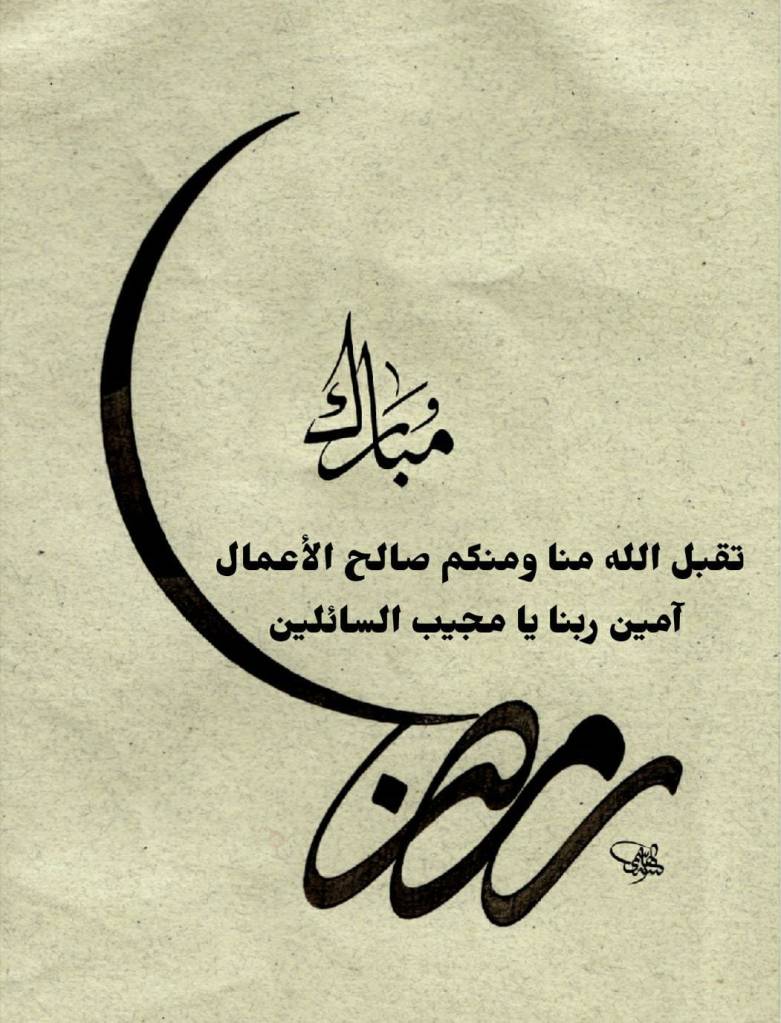بسم الله الرحمن الرحيم
While he was on his death bed, ‘Umar ibn ‘Abd Al-Azīz found that his servant was the one responsible for poisoning him, so he called him and said to him, “Woe to you, why did you put poison in my food?” The servant became terrified and confessed with great fear, “My master, the princes offered me a thousand dinar and promised to set me free if I did so.” The great Caliph said to him:
ضع الألف دينار فى بيت مال المسلمين واذهب فأنت حر لوجه الله ولقد عفوت عنك
“Return the thousand dinars to the Muslim treasury and go, for you are free for the sake of Allāh, and I have forgiven you.”
Despite being on the verge of death, ‘Umar was concerned with welfare of the Muslims and setting a most wonderful example of pardoning when he was able to. The scholars said about him:
ما مشى عمر خطوة واحدة إلا وكان له فيها نية لله
“Umar never took a single step except that he had the intention of [seeking the pleasure of] Allāh in it.”
In only two and a half years, he was able to eradicate poverty and spread fairness and justice throughout the lands, so much so that state heralds would call out in the streets, offering to arrange weddings for Muslims who wanted to marry but could not afford to do so, or to have their debts paid off, or for them to perform Hajj etc. All of that came from the brimming state treasury for Muslims.
Goodness overflowed and blessings spread, to the extent that he told the workers to throw surplus wheat and seeds in the desert for the birds to eat, so that it could not be said that the birds went hungry in Muslim lands.
Despite his great justice and achievements, he remained afraid of the burden of his responsibilities. He used to weep when he heard the Qur’ān, as if the Fire was not created except for him. He disavowed hypocrisy and its people; he would spend in the cause of knowledge and would gather righteous scholars and be in their company, remembering the matters of the Hereafter.
One of them said to him:
يا أمير المؤمنين صم عن الدنيا وأفطر على الموت وأجمع الزاد لليلة صبحها يوم القيامة
“O Leader of the Faithful, fast [i.e. abstain] from the dunya and break your fast with death, and gather the provisions by night for the morning of the Day of Qiyāmah.”
These words shook his heart and calmed his soul, so he began to live as if he was a hermit. This was seen in his dwelling, his clothing and his life in general. He lived the life of the poor, even though he was ruling a quarter of the known globe.
He was a disciple of Prophetic mercy and the grandson of none other than the distinguisher of truth and falsehood – ‘Umar Al-Farūq. He shunned base desires to such an extent that such desires began to avoid him. He divorced the dunya thrice and bought eternal gardens of bliss with it. The last words his blessed tongue uttered was the saying of Allāh Almighty:
تلك الدار الآخرة نجعلها للذين لا يريدون علوا فى الأرض ولا فسادا والعاقبة للمتقين
“That ˹eternal˺ Home in the Hereafter We reserve ˹only˺ for those who seek neither tyranny nor corruption on the earth. The ultimate outcome belongs ˹only˺ to the righteous.” {Al-Qasas:83}
So, how true is the saying of the one who said:
وإذا سألوك عن العدل فى بلاد المسلمين فقل لهم لقد مات عمر
“And if they ask you about justice in Muslim lands, tell them, ‘Umar has died.'”
.

